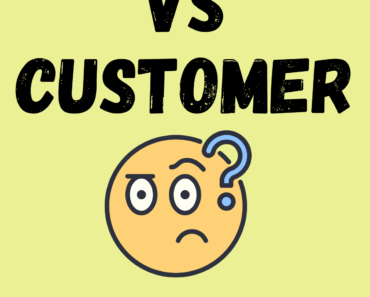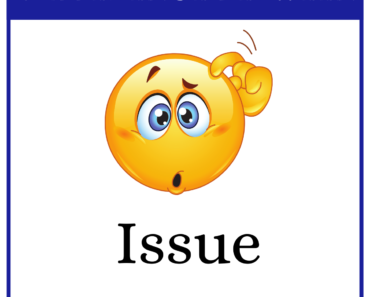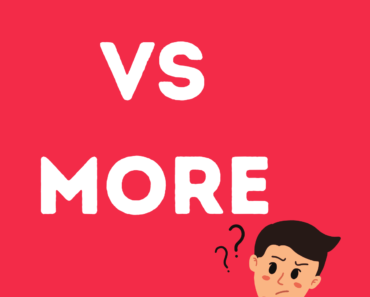“Hold up” and “hold on” have distinct meanings despite seeming similar.
“Hold up” usually refers to delays or disruptions, like in “traffic held up the bus.” It also means using force in robberies: “The bank was held up.”
On the other hand, “hold on” signifies pausing or waiting, as in “hold on while I check.” It’s also used to encourage persistence, like “hold on and don’t give up.” Each phrase serves a different purpose and context, underscoring the importance of understanding their unique uses.
Hold Up
Definition: “Hold up” means to delay or obstruct something, or to commit a robbery.
Usage:
- Delay: This usage refers to anything causing a delay or interruption.
- Example: “The traffic held up the bus, making it late.”
- Robbery: In this sense, “hold up” means to rob, often using threats or weapons.
- Example: “The thieves held up the bank and stole thousands of dollars.”
- Remain strong: To endure or remain intact.
- Example: “The structure held up well against the storm.”
Hold On
Definition: “Hold on” means to pause or wait for a short period or to persevere.
Usage:
- Wait: This usage instructs someone to pause or wait.
- Example: “Hold on while I check for your order.”
- Perseverance: Encourages someone to endure a challenging situation.
- Example: “Hold on; things will improve soon.”
- Physical grip: To keep a firm grip on something.
- Example: “Hold on tight to the handrail while going down the stairs.”
These words each offer a unique context, aiding in effective communication when used appropriately.







